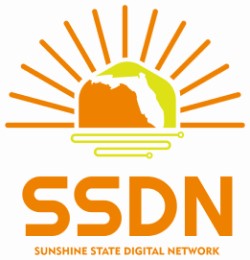The DH Caucus of the American Studies Association is now accepting proposals for the 2020 Garfinkel Award for DH Projects. In addition, they are pleased to announce a new prize this year: the DH Caucus Book Award.
The Digital Humanities Caucus welcomes submissions from all including college and university faculty; public scholars; university and K-12 educators including contingent faculty; students at the graduate, undergraduate, and even K-12 level; activists; artists; and all other researchers, creators, and thinkers. Projects in pedagogy, research, documentary, critical making, digital art, and all other forms are encouraged.
Submitted projects should have been published, completed or significantly updated during the calendar year of application. The Digital Humanities Caucus will announce the prize winners at this year’s DH Caucus virtual business meeting March 4th 2021.
The Garfinkel Prize in Digital Humanities is an award that honors caucus founder Susan Garfinkel for her longstanding service to the caucus and her commitment to an inclusive, interdisciplinary, welcoming Digital Humanities. The annual award will recognize excellent work at the intersection of American Studies and Digital Humanities.
The DH Caucus is accepting proposals now through Jan. 1, 2021.
Garfinkel Prize for DH Projects Submission Form: https://forms.gle/4CFGuWP2H2mrtFqG9
DH Caucus Book Award Submission Form: https://forms.gle/vzB2yKuQfM22idJc9
